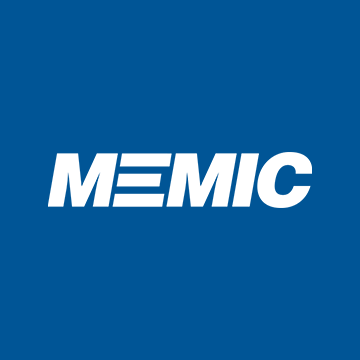Workers' Compensation Stigma

Some of my most vivid childhood memories are comprised of how hard my parents worked. My mother was a nurse in the operating room and my father worked for a large insurance company prior to owning his own business. Unfortunately, both of my parents were hurt on the job and neither of them ever filed a workers’ compensation claim.
My dad’s company often moved suites within the same building. This meant my father and his co-workers were constantly moving their own desks, chairs, and boxes filled with files and papers. My father suffered bilateral inguinal hernias, but never missed a day of work.
My mother slipped on fluids while transporting a patient out of the operating room sustaining a disc injury in her neck but managed to complete her 12-hour shift that day. She also never missed a day of work.
There is a stigma associated with workers compensation, one that still exists today. In an article from the Journal of Safety Research, OSHA’s National Emphasis Program found that 47.14% of establishments were either underreporting or completely unrecording workplace injuries. My work in the insurance industry began in claims which afforded me the opportunity to speak, at length, with all sides involved in a workers’ compensation case. What I found to be a common theme was the ‘what if’ questions. “What if they fire me? What if my coworkers think I am unreliable? What if this goes on my record?” These are all stigma-related concerns. The flip side of this is the employees who view it as a form of weakness to acknowledge being hurt on the job. “I’ll be ok. I’ll get some rest over the weekend.” Some might even feel ashamed, erroneously equating workers compensation with charity.
I was very much a product of a “rub some dirt on it and get back in the game” culture, both in my personal life and in my early years in the workforce. It wasn’t until I got into the insurance industry that I realized there’s a better way. Every employer should work hard to prevent workplace injuries, but when they occur the proper steps need to be taken. Delaying injury reporting and proper treatment often leads to more significant problems including potential OSHA citations, state fines from workers’ compensation boards, lower employee morale and engagement, and poorer medical outcomes.
Workers’ compensation, for the employee, provides benefits for work-related injuries or illnesses. Specifically, it helps pay for medical care and lost time wages. For the employer, it is an insurance policy to protect their business from lawsuits while also keeping them compliant with state regulations. An employee cannot be fired or retaliated against for filing a workers’ compensation claim. However, it is important to note that an employee can be terminated with cause even if there is an open workers’ compensation claim. A 2014 survey conducted by Summit Pharmacy found that 37% of Americans believe that employees who file workers’ comp claims simply do not want to work. This is largely due to musculoskeletal disorders, which account for 30% of all workers comp claims, being considered “invisible” injuries. That is to say, they can start out mild then worsen over time. Or the pain associated with these injuries can vary day to day.
Some techniques to suppress this kind of thinking could be to employ the use of recruitment screens to identify the attitude towards workers’ compensation when hiring externally and using anonymous surveys when promoting internally. The data provided can signal a need for more supportive language when implementing policy regarding workers’ compensation. It could also help to provide training related to workers’ compensation. As this information is spread internally it can bring about a shift in culture, more towards safety rather than blame. The bottom line is that injury prevention is the priority, but should the unfortunate occur, workers’ compensation is a valuable resource for both injured workers and employers. MEMIC has embraced that philosophy since our inception and is clearly evident in our current mission statement. “The Mission of The MEMIC Group is to make workers' comp work better with compassion, trusted partnerships, and relentless commitment to workforce safety.”
For more information related to workers’ compensation or workplace safety check out our resources at MEMIC.com.

